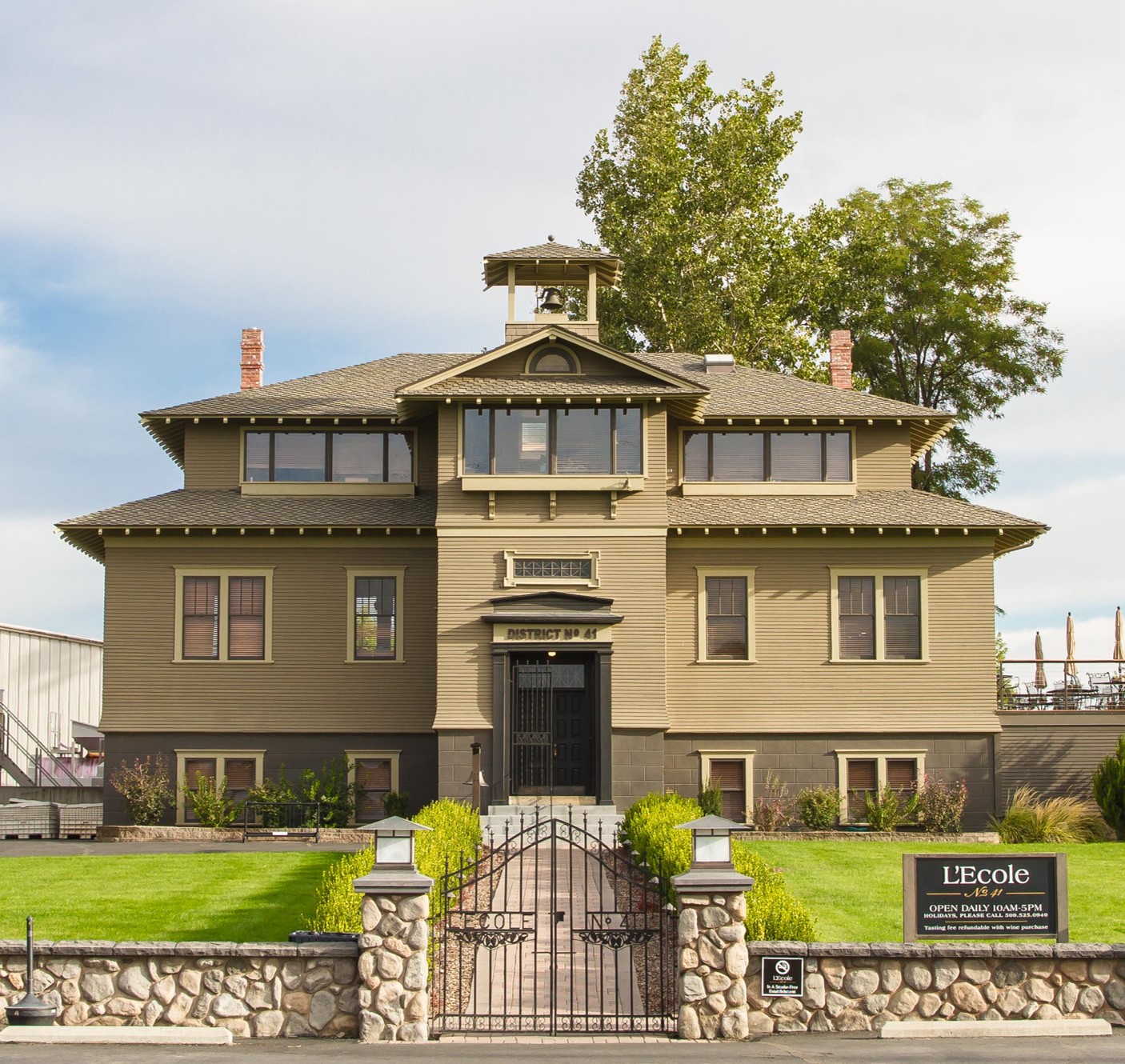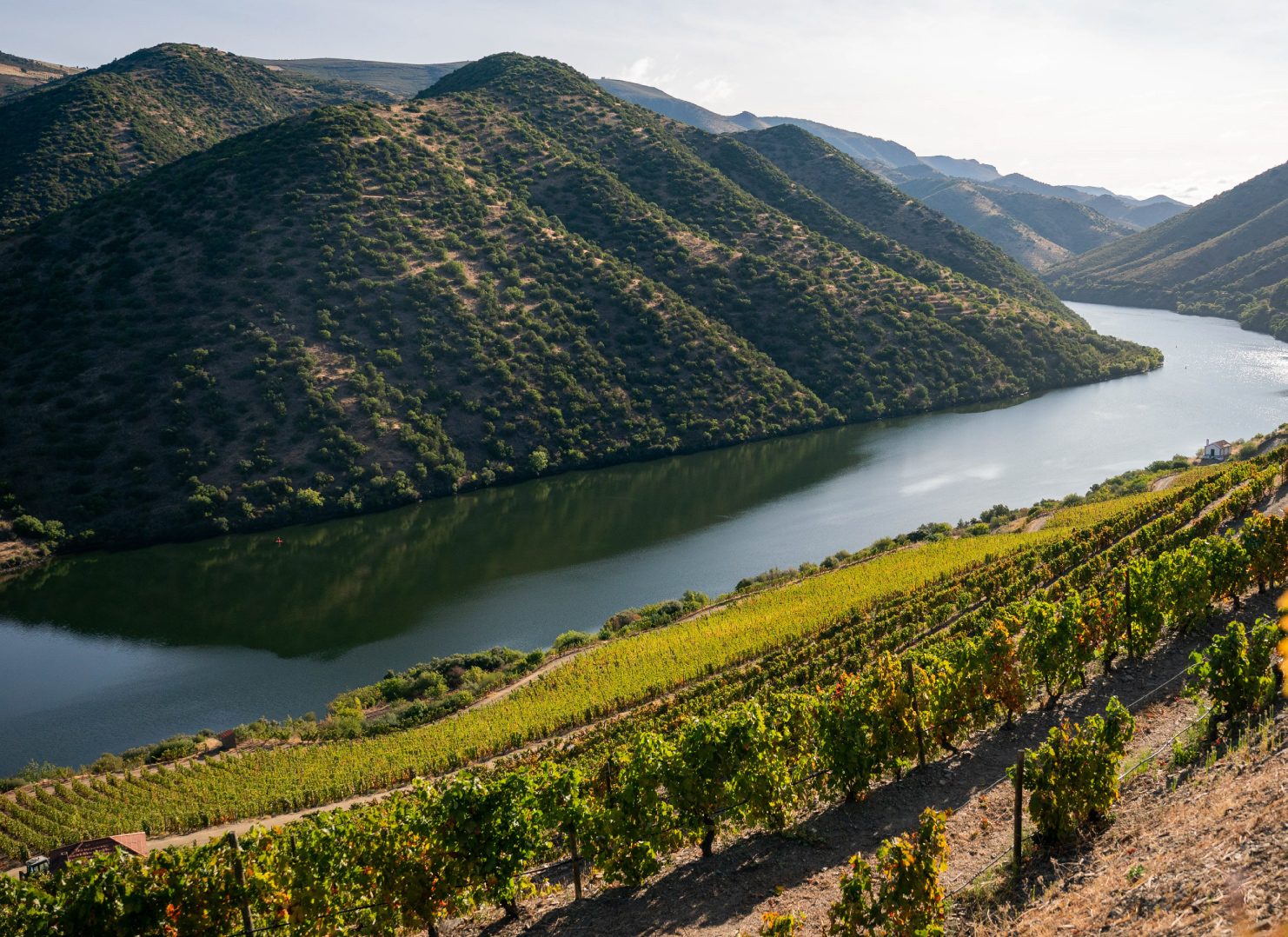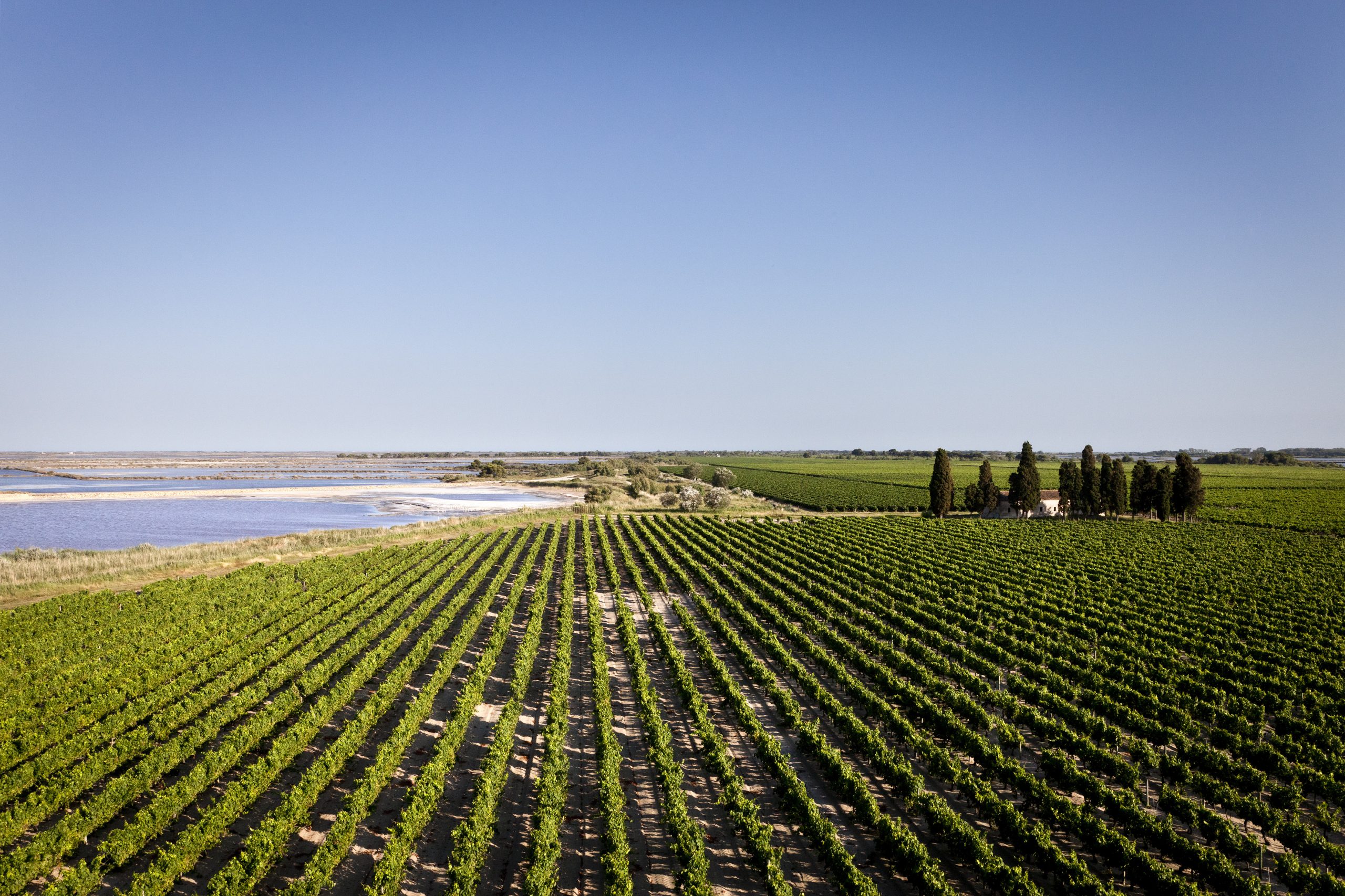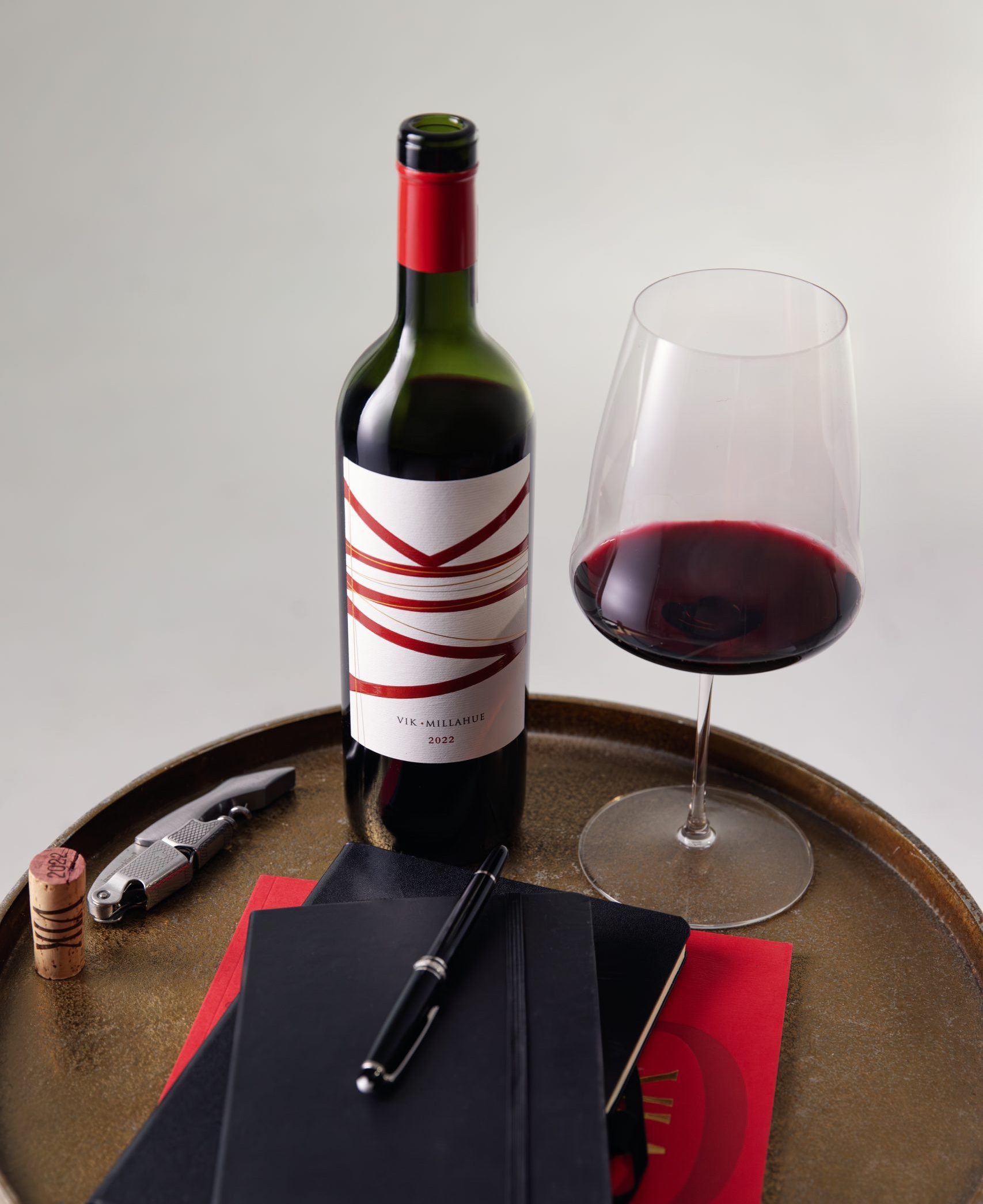Pick: We don’t want to be on the kosher shelf
Wines from the Judean Hills region near Jerusalem deserve global recognition rather than being relegated to the kosher shelf, according to Israel’s first Master of Wine, Eran Pick.
Speaking at an event held by the recently formed Judean Hills Quartet at 67 Pall Mall in London this week, Eran Pick MW of Tzora Vineyards said: “We want our wines to be widely known. We want them to be found on an Eastern Mediterranean wines shelf not a kosher shelf. We don’t just want to be with the other kosher wines.
“We export around 25% of our wines and are looking to increase this. We could sell all of our wine locally if we wanted, but we want them to be known all over the world. Part of the Judean Hills Quartet initiative is about taking the focus away from kosher and towards terroir.”
Pick admitted that the global demand for kosher wines was “both a blessing and a curse”. “Kosher is the cream – the money comes from the kosher market,” added Sima Rav Hon of Sphera, one of the four wineries in the Judean Hills Quartet.
The other two wineries within the quartet are Domaine du Castel and Flam Winery. All four are keen to spread the message that the high altitude region is a source of unique, terroir-driven, quality wines made on a small scale.
Two of the four – Domaine due Castel and Flam Winery – are currently brought into the UK by Kedem Europe, Britain’s largest kosher wine importer.
There are 30 small producers operating in the Judean Hills region and the quartet is open to the idea of letting other estates join their group, if the quality level is high enough.
“We could have held this tasting 3,000 years ago,” Pick joked, in a nod to the region’s rich winemaking past, however the recent renaissance of the Judean Hills happened as recently as 1988, when vines we replanted in the region.
The region is planted with 300 hectares of vines and there is little room left for further plantings. While the terroir is diverse in terms of altitudes and aspects, its terra rossa over limestone soil is largely uniform.
Partner Content
Bordeaux varieties like Cabernet Sauvignon, Merlot and Cabernet Franc have found a natural home here, as have white grapes Sauvignon Blanc and Semillon.
Syrah has emerged as one of the star red varieties in the region, while barrel fermented and aged Chardonnays are also showing real promise.
Domaine du Castel’s top white, ‘C’ Blanc du Castel, made from old vine Chardonnay grown on chalky soils at 700m altitude, has the hallmarks of a good Meursault with its richness and depth.
The wine is barrel fermented and aged in French oak on its lees for 10 months. Owner Eli-Gilbert Ben-Zaken believes the fledgling Judean Hills region is coming of age.
“We now have a better understanding of the land and what work best in it, the vineyards are getting older, and there has been a big improvement in the quality of the wines being made the region,” he said.
However, there are still challenges ahead, the biggest of which, according to Pick, is getting hold of quality vine material due to restricted imports.
“The government has sold us poor quality vines in the past so we’re keen to start our own nursery,” he said, adding that the quality vines planted in the region tended to have come from Bordeaux and UC Davis in California.





Your land is the only Jewish home land in the world. That is why your wines are unique.
The world wine consumer, has as much quality wine on the global market that one can consume and especially from the Mediterranean region. Be grateful and count your blessings that the kosher consumer’s consumption averages about 15-gallons of wine annually per adult.
Perhaps you should explore how many non kosher wineries would love to sell to the kosher consumer, if the Rabbis had not monopolized their control. The kosher consumer has very few top quality kosher wines available to them compared with what you have to offer.